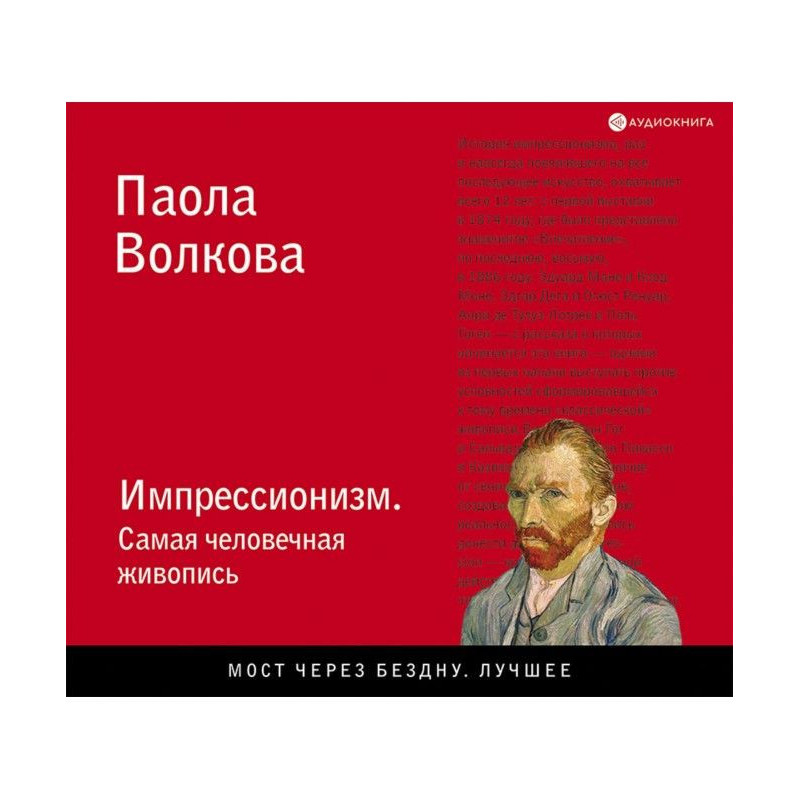The phenomenon of Taharrush as collective sexual violence
 Instant download
Instant download
after payment (24/7)
 Wide range of formats
Wide range of formats
(for all gadgets)
 Full book
Full book
(including for Apple and Android)
The article analyzes the phenomenon of collective sexual violence, which has clearly manifested itself over the past few years in Germany due to the influx of refugees and migrants. Seeking to explain this phenomenon as the export of gendered forms of violence, the author explores its origins through secondary analysis of monitoring data, tracing the escalation and ruptures in the practice of sexualized violence associated with political struggle during two Egyptian revolutions. The intersectionality of gender, ethnicity, social issues and the crisis of power, examined in a number of monitoring studies, indicate the introduction of political meanings into sexualized violence or the instrumentalization of sexual violence by political forces in the struggle for power. It is in this context that the practice of collective sexual violence called “taharrush” and its legitimation in the discursive space of Arab modern culture takes shape. Over the course of a decade, the practice of taharrush directly and indirectly (through discursive legitimation) contributed to the masculine socialization of younger generations of Arab men. This type of masculine socialization is built on certain social norms that justify the use of violence against women who have “transgressed” moral and religious boundaries, and is also associated with the performativity of violent potential in public space. The experience of participation in Tahrir as a symbolic achievement of hegemonic masculinity made it possible to compensate for gaps in masculinity for those who experienced economic deprivation due to unemployment, and thereby reestablished masculine hierarchies. The reassembly of the Taharrush phenomenon in a different, already Western context of emigration can be explained not only by the ongoing economic, social, psychological and sexual deprivation of refugees from the Arab world, but also by socialization through corresponding direct and indirect practices.
Data sheet
- Name of the Author
- Елена Рождественская Юрьевна
- Language
- Russian













